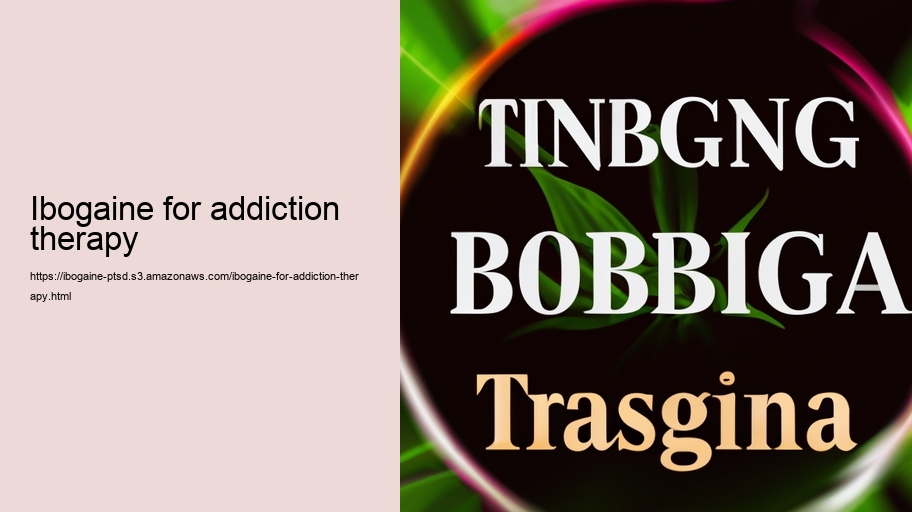Ibogaine for Addiction Therapy: A Controversial Pioneer in the Battle Against Dependency
The scourge of addiction has long cast a shadow over societies worldwide, leaving a trail of broken lives and unanswered questions about effective treatment methods. Amidst the conventional therapies such as counseling, rehabilitation programs, and medication-assisted treatments, there lies an enigmatic substance that has sparked both controversy and hope—Ibogaine. Extracted from the root bark of the West African shrub Tabernanthe iboga, Ibogaine is known for its psychoactive properties and has been utilized traditionally in spiritual ceremonies. However, its potential role in combating substance addiction presents a fascinating chapter in the exploration of unconventional medical frontiers.
At first glance, Ibogaine seems to belong more to the realms of shamanic rituals than to modern clinics. Indigenous communities have revered it for centuries for its ability to induce profound spiritual experiences. However, it was not until the 1960s that its anti-addictive properties were accidentally discovered by Howard Lotsof, a heroin addict who claimed his dependence was eliminated without significant withdrawal symptoms after taking Ibogane. This serendipitous revelation spurred interest among those seeking alternatives to mainstream addiction treatments.
The way Ibogaine works on addiction is complex and not fully understood. It interacts with several neurotransmitter systems simultaneously; most notably, it acts as an agonist at serotonin receptors and as an antagonist at NMDA receptors which are implicated in addiction behaviors. Additionally, it affects opioid receptors and may reduce cravings and withdrawal symptoms for various substances including opioids, stimulants, alcohol, and nicotine.
Anecdotal evidence from individuals who have undergone Ibogaine treatment suggests that it can be strikingly effective—a single dose reportedly interrupts addiction patterns for extended periods or even indefinitely for some users. They describe a process involving intense visions or dreamlike sequences that allow them to confront past traumas or gain insights into their addictive behaviors—akin to a psychological reset button.
However, this seemingly miraculous cure is not without significant risks and controversies. The use of Ibogaine is illegal or tightly controlled in many countries due to safety concerns; it can cause dangerous cardiac arrhythmias and potentially fatal outcomes if administered improperly or without adequate medical supervision. Moreover, rigorous scientific research on Ibogaine's efficacy is scarce due to legal restrictions and lack of funding—leaving much of our understanding relegated to personal testimonies rather than empirical data.
In addition to safety considerations are ethical debates surrounding such a powerful psychoactive experience being used as treatment. Detractors argue against replacing one dependency with another psychedelic experience while proponents advocate for personal autonomy in choosing treatment paths especially when traditional methods fail.
Despite these challenges—or perhaps because of them—Ibogen therapy represents an intriguing prospect within addiction medicine; one that encapsulates our broader struggles between innovation versus cautionary regulation within healthcare fields today.
If we are ever going to embrace Ibogene fully within therapeutic settings stringent clinical trials must be conducted so we can better gauge both its effectiveness relative risk profiles compared standard approaches currently available only then might this obscure African alkaloid find rightful place alongside more established modalities fight against relentless tide human dependency issues.
In conclusion while tantalizing possibilities presented by Iboagin cannot be ignored neither should they lead us into hasty endorsement without thorough investigation After all heart every conversation about treating addictions lies fundamental desire heal alleviate suffering With thoughtful research informed dialogue perhaps someday Iboagine will shed cloak mysticism don cloak respectability earned through proof positive change wrought countless lives touched by affliction substance abuse Until such time remains hopeful yet unproven candidate pantheon options aiming restore wholeness individuals ravaged grip chemical bondage
